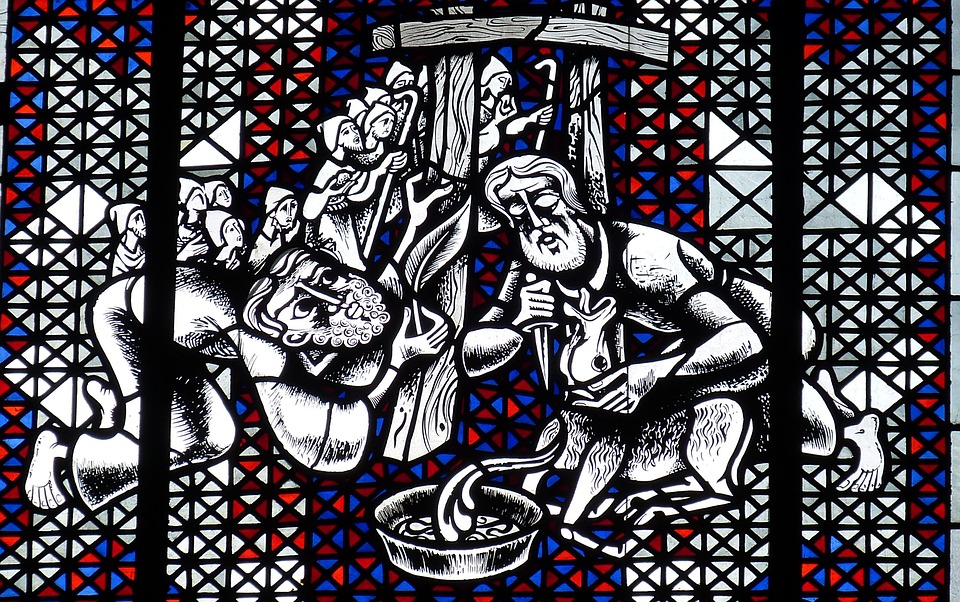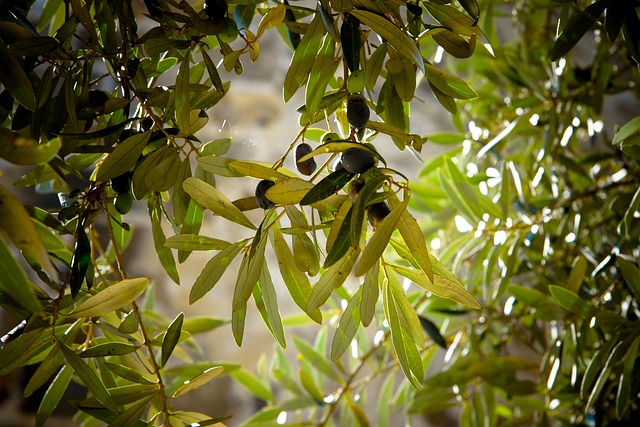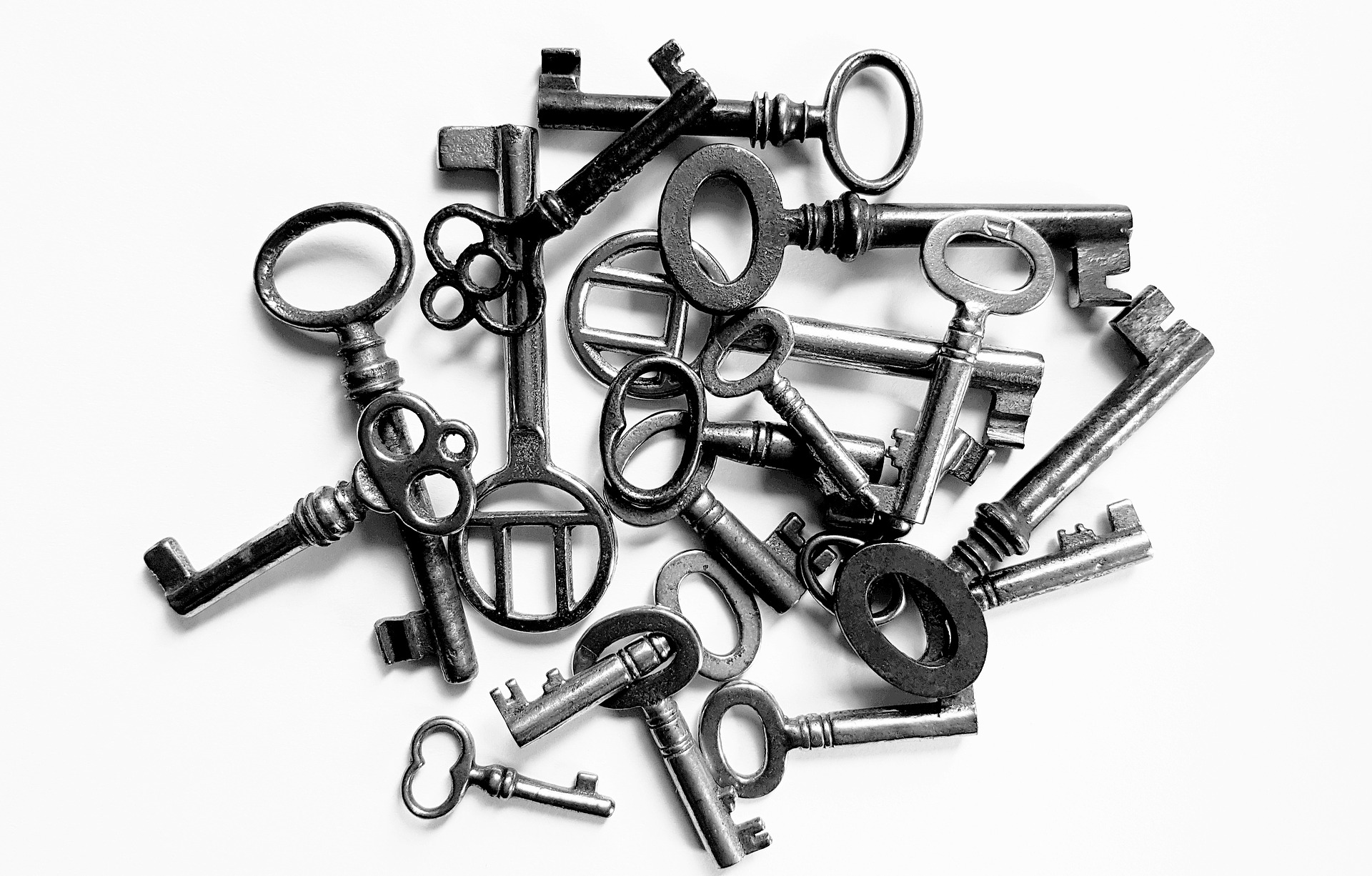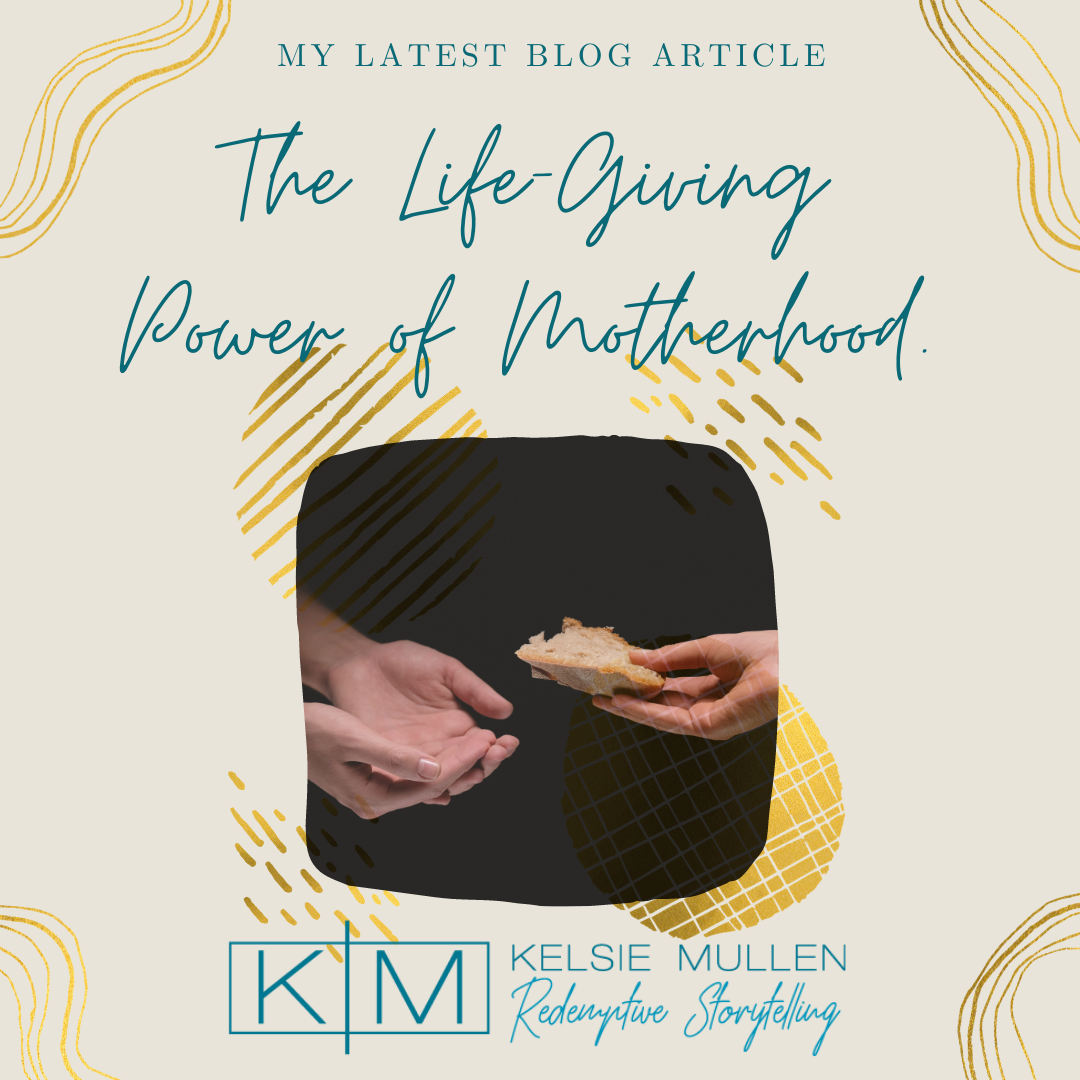To Celebrate or Not to Celebrate?
Two years ago, an article was published in Christianity Today entitled, Jesus Didn’t Eat a Seder Meal, Why Christians Shouldn’t Either by rabbis Yehiel Poupko and David Sandmel. Four days later the same publication circulated another article called, Why Christians Can Celebrate Passover, Too by Mitch Glaser and Darrell Bock who wrote the introduction for the book Messiah in the Passover. I would recommend reading both articles which are easily found online, and prayerfully draw your own conclusions.
This begs the question- why do we celebrate the Passover Seder meal as a community?
We have celebrated our own version of the Jewish Seder meal for the last 22 years. We would never want to offend our Jewish friends. Quite the opposite! Yeshua, or Jesus, was a 1st century Jewish teacher. All his disciples were Jewish. Although the Seder meal celebrated by Jews and Christians today is not at all as the Passover would have been celebrated by Jesus in the 1st century, it is impossible to understand the Biblical Yeshua without understanding Jewish feasts, customs and traditions. Our celebration of the Seder meal actually builds bridges of understanding between non-Jewish believers and Judaism. It surely helps us connect with the Jewish roots of our faith.
The question is, how to best understand Jesus as a Jew? How do we connect with historic events of past millennia (such as the Exodus story found in Exodus 12)? God knew, and God still knows. Through experiential storytelling!
Jewish Jesus Celebrated the Feasts
God’s desire was for Jews to celebrate the Passover every year, and in doing so they re-tell the story and remember how God brought deliverance for their ancestors who were slaves in Egypt. During the Seder meal, the story is told and experienced. Later rabbis developed the meal to involve children as they ask questions and search for the afikomen (matzah bread). This Jewish Feast may have evolved greatly since the time of Christ, but the message for Jews is still the same. It is an ancient storytelling ritual that connects us with people everywhere, past and present, who are being written into the same storyline. Rabbis Poupko and Sandmal wrote, “We like to think of rituals as the lovemaking between a faith community and God.”
Yeshua was celebrating this Jewish Feast with his disciples the night before he was crucified. He would not have been celebrating as we do today, but we know he grasped the opportunity to teach who He was (the Passover Lamb) and foretell what was about to happen (he offered Himself as the perfect sacrifice on the cross). Gloser and Bock explain, “In places within the meal and service where you would naturally expect to hear about the deliverance of Israel through the 1st Exodus, we see Jesus pointing his disciples to His substitutionary death for sinners – a second and even great Exodus deliverance.”
He also takes the opportunity to prepare the disciples to lead the church in the future. For example, when it was time for the ceremonial cleaning of hands, Yeshua shocks His disciples by washing their feet as a new and revolutionary model of servant-leadership.
Because We Easily Forget God’s Story
Yeshua used the Passover celebration as the perfect platform to declare a New Covenant and Himself as the fulfillment of the Old Testament promise for a deliverer! He ushered in a new and revolutionary expression of faith.
Each year, as PCF celebrates the Passover Seder Meal, we change it up. We get to be creative and have fun. There is a playful nature to God and He loves when we’re childlike and inquisitive! It is one of the rare occasions when we can all sit and share a meal together as one family. We retell the story again and again because God knows how easily we forget, and how many new people need hear His Story. ▪







Leave A Comment